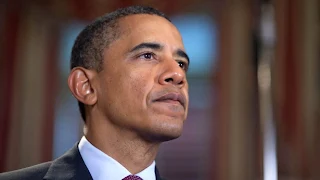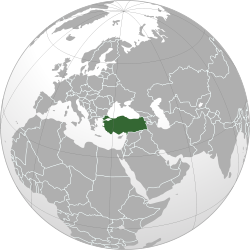'I feel like a stranger where I live’
Wednesday, January 30, 2013
No comments
"When you go swimming, it’s much healthier to keep your whole body completely covered, you know.” The Muslim lady behind the counter in my local pharmacy has recently started giving me advice like this. It’s kindly meant and I’m always glad to hear her views because she is one of the few people in west London where I live who talks to me.
The streets around Acton, which has been my home since 1996, have taken on a new identity. Most of the shops are now owned by Muslims and even the fish and chip shop and Indian takeaway are Halal. It seems that almost overnight it’s changed from Acton Vale into Acton Veil.
Of the 8.17 million people in London, one million are Muslim, with the majority of them young families. That is not, in reality, a great number. But because so many Muslims increasingly insist on emphasising their separateness, it feels as if they have taken over; my female neighbours flap past in full niqab, some so heavily veiled that I can’t see their eyes. I’ve made an effort to communicate by smiling deliberately at the ones I thought I was seeing out and about regularly, but this didn’t lead to conversation because they never look me in the face.






































